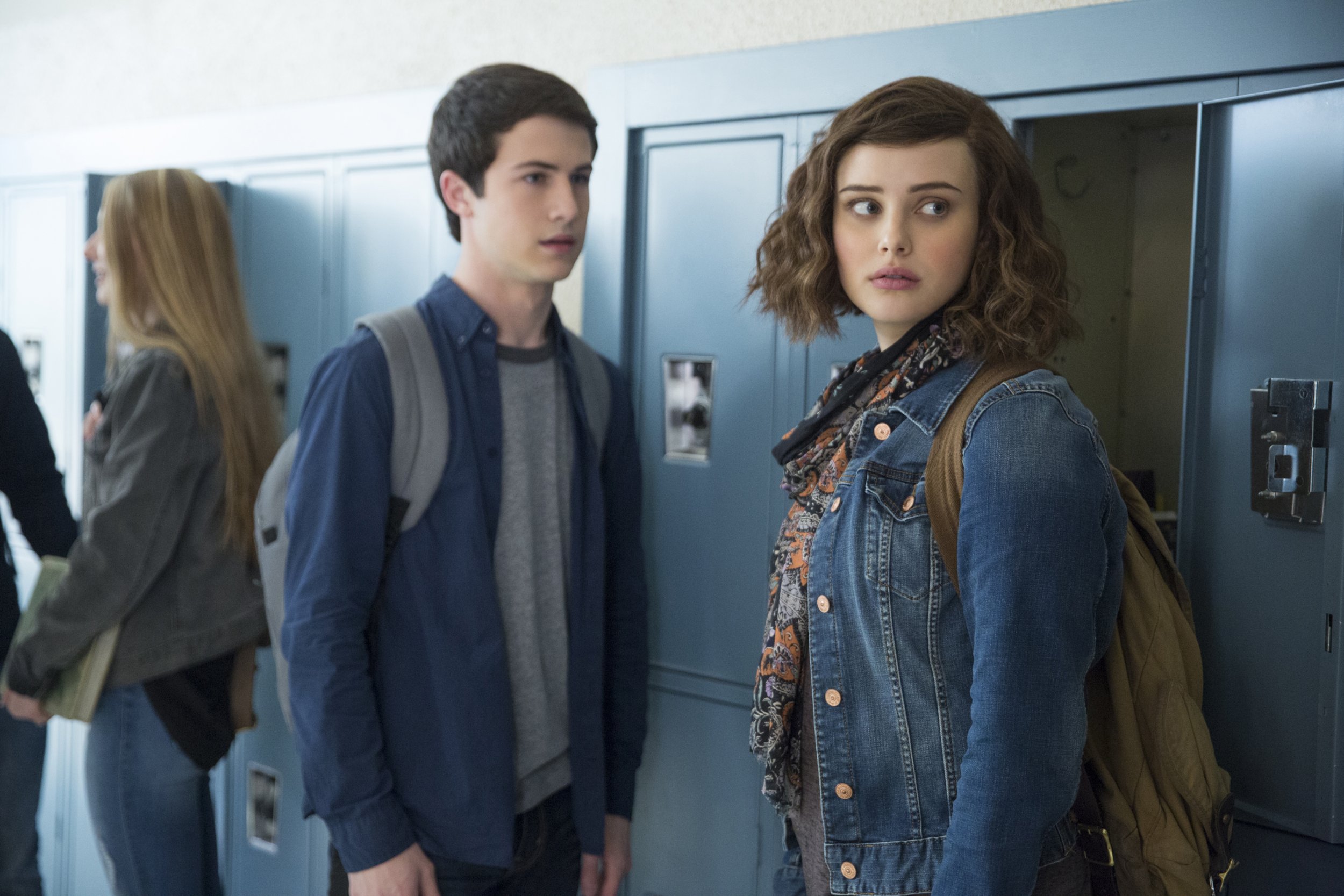
Next time you talk to a teenager, listen closely—he or she may be describing developing depression without using that actual term.
A study set to be presented Sunday at the 2017 Pediatric Academic Societies Meeting in San Francisco found that teens rarely invoke the phrase "depressed" to label how they're feeling. They rely on words like "down" or "sad" to communicate their mental state, but doctors and other adults shouldn't just write these expressions off as typical teen drama. They should tune in.
Related: Depression is the Leading Cause of Disability Around the World
"Much of what a teen is feeling and experiencing is easy to attribute to the ups and downs of teen angst," Daniela DeFrino, researcher and assistant professor at the University of Illinois at Chicago, said in a news release. "But, sometimes, there is so much more under the surface that can lead to depression."
The research took place last year through the Promoting Adolescent Health Study, which included interviews with hundreds of teenagers. Experts screened teens for depression and scrutinized the language they used.
They discovered the youth were more likely to talk about potential depression in abstract terms, saying they were anxious or emotional in "bursts," than adopt clinical words, according to a summary. Teenagers also reported problems with apathy and insomnia stemming from problems at school and home.
DeFrino gave an example in the release: A young person might say, "I get really mad at people very easily. They don't understand why I'm upset," and that could be an early sign of developing mental health issues.
Teen depression and, more specifically, suicide have been all over the news for the past month due to the release of "13 Reasons Why," a book-inspired Netflix show that tells the story of a girl who kills herself and leaves her peers a series of tapes explaining her decision. The episodes conclude with a graphic suicide scene, which has caused some suicide prevention advocates to worry about contagion. The show has also been blamed for romanticizing suicide.
"Instead of showcasing the tragic ending to a life, we witness a school become captivated by the drama of suicide," bullying expert Alexa Curtis wrote in Rolling Stone.
Depression among teens has been on the rise recently, with a study last November revealing that 11.3 percent of adolescents admitted to experiencing major depressive episodes in the past year. That's up from 8.7 percent in 2005.
According to the National Institute of Mental Health, about 3 million people between the ages of 12 and 17 had at least one such episode between 2014 and 2015.
Uncommon Knowledge
Newsweek is committed to challenging conventional wisdom and finding connections in the search for common ground.
Newsweek is committed to challenging conventional wisdom and finding connections in the search for common ground.
About the writer
Julia Glum joined IBT Media in October 2014 as a breaking news reporter specializing in youth affairs.
To read how Newsweek uses AI as a newsroom tool, Click here.





